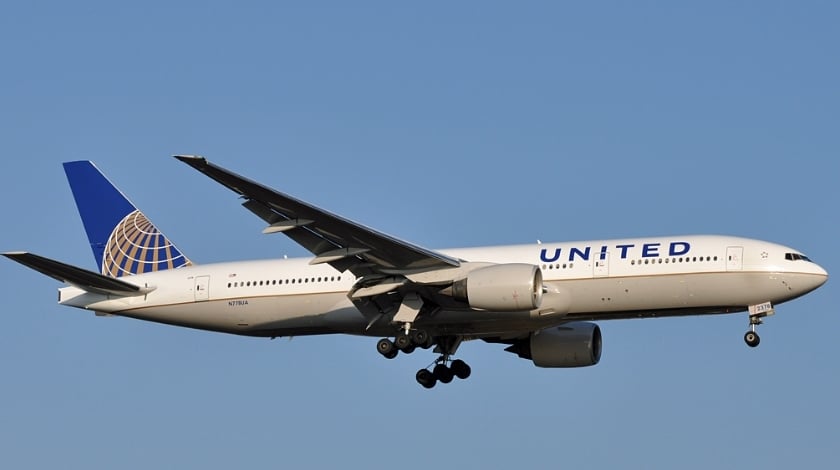Photo: wikipedia.org
Reading Time: 2 minutesUnited Airlines has dropped plans to acquire 12 additional Newark International Airport (EWR) slot pairs and the US Department of Justice (DOJ) has dropped its lawsuit seeking to prevent United from acquiring those slots.
The moves come after FAA decided to ease regulated capacity constraints at EWR, effectively making conflicts over slots at the airport a non-issue. From Oct. 30, 2016, EWR will no longer be designated by FAA as a “level three, slot-controlled airport.” Under IATA’s worldwide slot guidelines, a level three designation means an airport’s takeoffs and landings must be restricted to a certain number and allocated. For the last eight years, FAA had limited EWR to a maximum of 81 operations per hour and slots became highly coveted at the airport, where United—and previously Continental Airlines—is the dominant player.
United had reached an agreement with Delta Air Lines to acquire 12 of Delta’s EWR daily slot pairs for $14 million (a deal related to Delta acquiring a similar number of United slot pairs at New York JFK), which would have added to the 401 daily slot pairs United already had at EWR. DOJ stepped in last November and filed a lawsuit to prevent United from acquiring the additional slots, accusing the Chicago-based airline of “unlawfully seeking to maintain a monopoly” at EWR since it already controlled 73% of the airport’s slots.
All of that became largely irrelevant this week when FAA administrator Michael Huerta said EWR’s designation would be changed to a “level two, schedule-facilitated airport” under IATA guidelines, meaning there will no longer be official “slots” and carriers simply have to coordinate their schedules with FAA and the Port Authority of New York and New Jersey, which operates EWR.
“The significant improvements in on-time performance and delays at Newark allowed us to make these changes,” Huerta said in a statement. “This change will improve access to some of the most in-demand airspace in the country and has the potential to provide more options for local consumers.”
FAA added, “Starting this month, the FAA is inviting schedule submissions from carriers for the winter 2016 season. Airlines will separately need to obtain terminal space, gates and other facility access from the Port Authority of New York and New Jersey, the EWR airport operator. The FAA will work closely with the Port Authority and airlines to help facilitate synchronization of airport facility access and runway times for proposed schedules.”
A United spokesperson said in an emailed statement that the planned transaction to gain more slots at EWR was one “we believed to be in the public’s interest,” adding, “We are disappointed that the FAA’s decision may undo United’s significant efforts to minimize congestion-related passenger delays at Newark, and we fear that the already strained New York airspace will be further exacerbated.”
DOJ assistant attorney general-antitrust division Bill Baer, who was the lead actor in the lawsuit to prevent United from acquiring more EWR slots, called the outcome “a great win for Newark travelers and for all American consumers,” adding that “FAA’s action opens up Newark to more robust competition and achieves the very outcome we sought in litigation: protecting consumers from United’s plan to enlarge its monopoly at Newark.”

